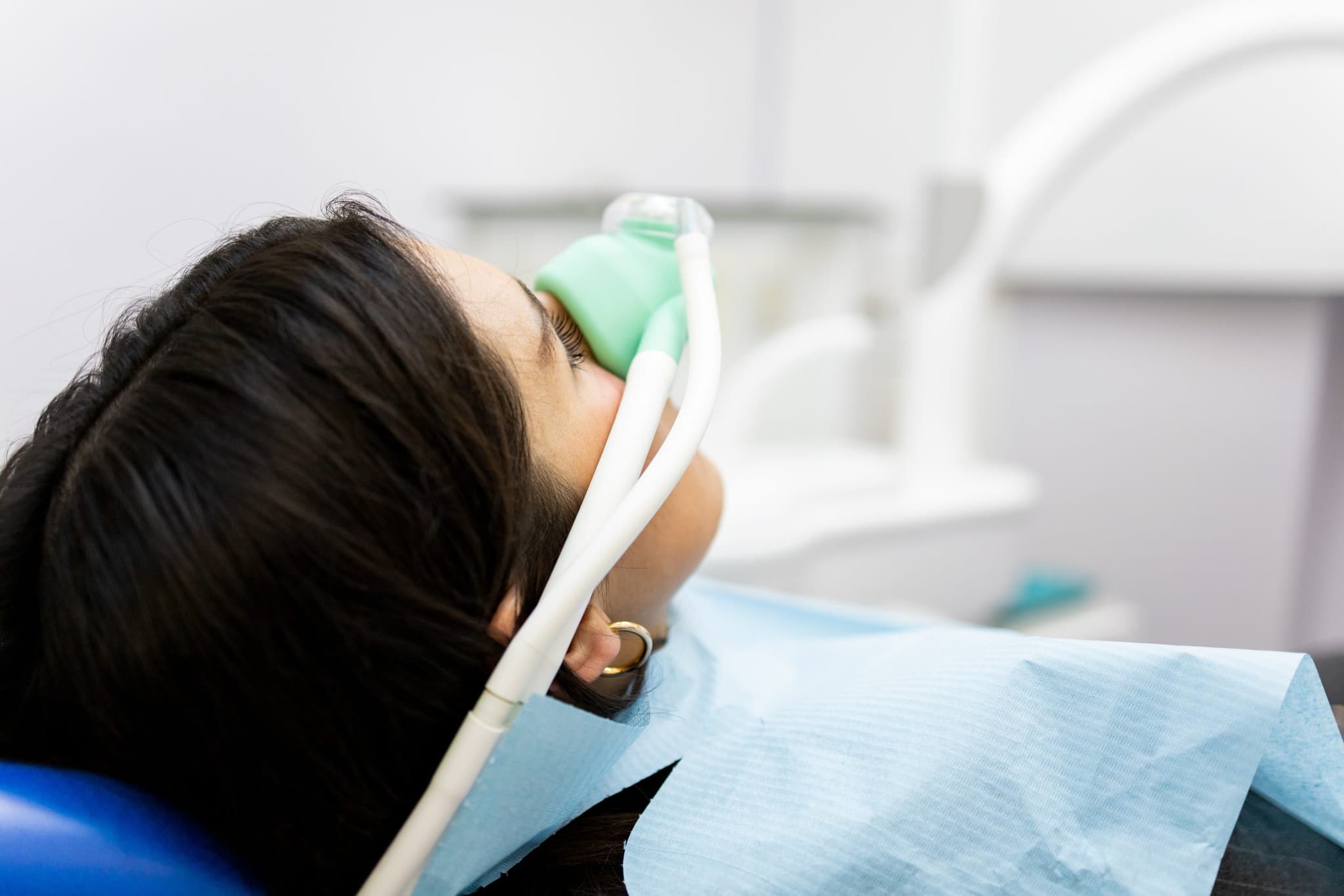
2025-12-17T17:11:43
Why OBGYN Clinics Are Using Nitrous Oxide for Pain Relief
- OB/GYN
March 22, 2016 | OB/GYN • Women and Children's Center
Specialties:OB/GYN

If you, like more than 5 million American women, have received a diagnosis that you have endometriosis, the road ahead may initially seem bleak and worrisome. Just doing a modicum of research yields a pretty long list of systems that involve the word “pain,” but take heart and have hope. There are things you can do to alleviate pain and discomfort so you can live a full and rich life while battling this condition, but it will take effort and a leap of faith that there is a solution for you. Since everyone is different, the answers for your body may take time to find and may not look like anyone else’s.
“The cause of endometriosis is not known, although it often runs in families. Numerous biochemical and immunological changes have been identified in association with endometriosis, but it is unclear which may contribute to endometriosis and which simply result from it.”
Jessica R. Brown, MD Published in Resolve for the Future and Beyond, Winter 2012
According to WebMD, there is no cure for endometriosis; however, there are many things that your health professional can recommend and prescribe to try to help alleviate your symptoms and relieve your pain. During the early stages of your diagnosis and treatment, it is critical that you form a bond and trust with your gynecologic professional so you can ask any questions to make the most of your treatment and find relief. The main focus for you and your health care professional is reducing or completely relieving your pain and doing everything possible to prevent infertility.
You might start with the following:
The best way to tackle your endometriosis is to understand the breadth of its power over your body in its unchecked state. Tell your gynecologist each type of pain you feel, as well as the degree to which you feel that pain. A few of the symptoms your doctor will focus on include painful periods or dysmenorrhea, pain during intercourse or dyspareunia, painful bowel movements or urination during your period, excessive bleeding during your period and otherwise, fatigue, diarrhea, constipation, gas and bloating. By figuring out which symptoms you have and how severe they are, you can get a better idea of what types of treatments you need and can obtain.
Armed with a wealth of information about the nature of your symptoms, you and your physician can begin working on a treatment plan. You can choose a conventional approach to treatment, or you might try to focus on lifestyle choices. You might find the right option lies somewhere in between the two.
Your doctor will probably ultimately recommendation some combination of conventional therapy, along with lifestyle changes, to treat your endometrial issues.
It is critical that you form a bond and trust with your gynecologic professional so you can ask any questions to make the most of your treatment and find relief.
But if your pain is severe, your caregiver will probably focus on finding the quickest way to relieve your pain. Some of the conventional treatments your doctor might recommend include:
If your symptoms are not too intense, your physician might prescribe over-the-counter medications such as Ibuprofen.
Since many patients experience a crescendo of pain during their periods, physicians often birth control pills to help shorten the duration of their period, thus reducing the time they need to suffer.
These drugs inhibit the production ovarian-stimulating hormones, shrinking abnormal tissue ad reducing pain. Women may experience menopause-like symptoms such as hot flashes.
A laparoscopic surgery can help reduce abnormal tissue without removing any reproductive organs.
This extreme treatment involves removing the uterus and is only recommended in the most extreme cases and when women are certain they do not plan to have children.
There are many daily lifestyle changes you can make to help enhance your conventional treatment, which include:
– Eat a healthy anti-inflammatory diet, brimming with a variety of foods.
– Buy organic foods when possible.
– Eat hormone-free meat to avoid exposure to hormones used in industrial farming.
– Eliminate dairy foods.
– Exercise daily
– Drink plenty of water
WRITTEN BY:
The Live Better Team

2025-12-17T17:11:43

2025-11-21T14:10:25

2024-09-19T11:59:35

2019-12-31T15:15:01
This information is not intended to replace the advice of a medical professional. You should always consult your doctor before making decisions about your health.